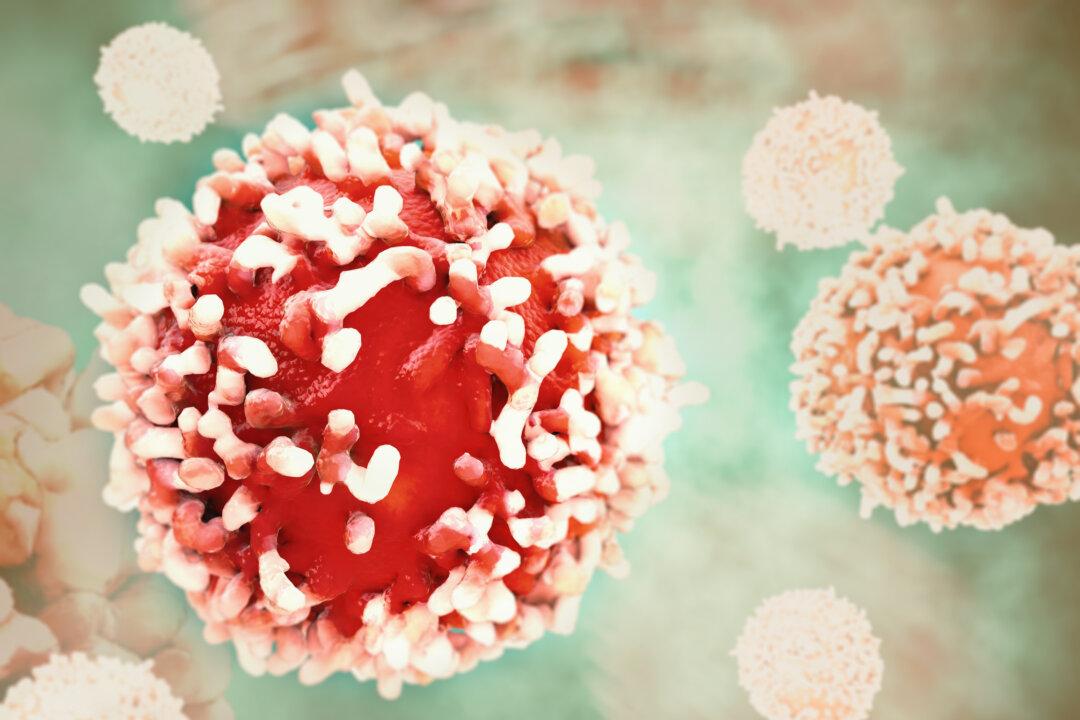Have you heard of spontaneous remissions?
You know, getting better, like completely better, without classical medical intervention?

Have you heard of spontaneous remissions?
You know, getting better, like completely better, without classical medical intervention?